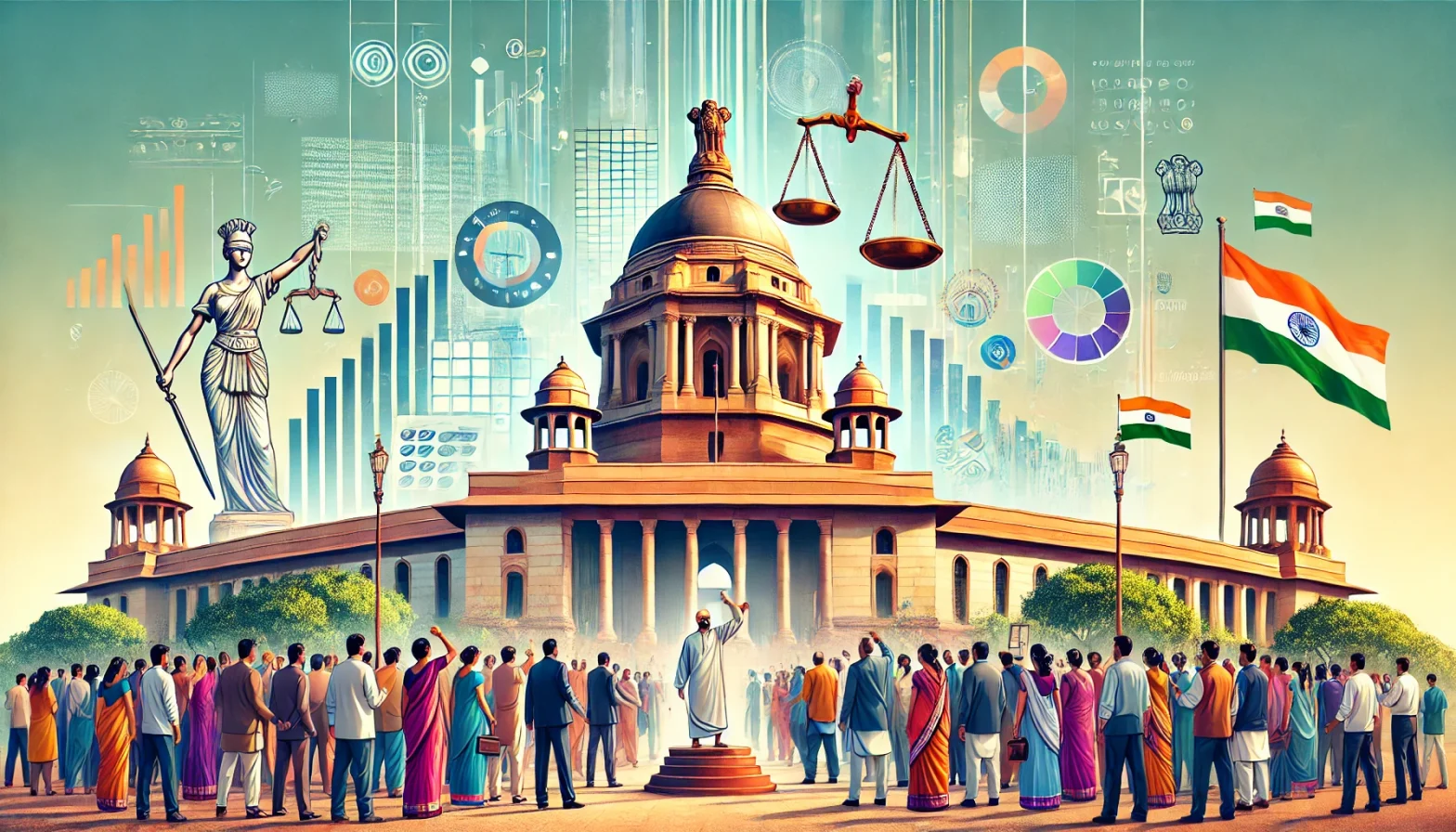School, Higher & Teacher Education in India
Present Status Challenges in School Education Steps Taken Way Forward Higher Education in India Present Status Issues Steps Taken Government Bodies Way Forward Teacher Education in India Present Status Issues Steps Taken Way Forward These structured steps and measures are essential to revamp the ecosystem of teacher education, ensuring quality education through well-trained, accountable, and… Continue reading School, Higher & Teacher Education in India
















